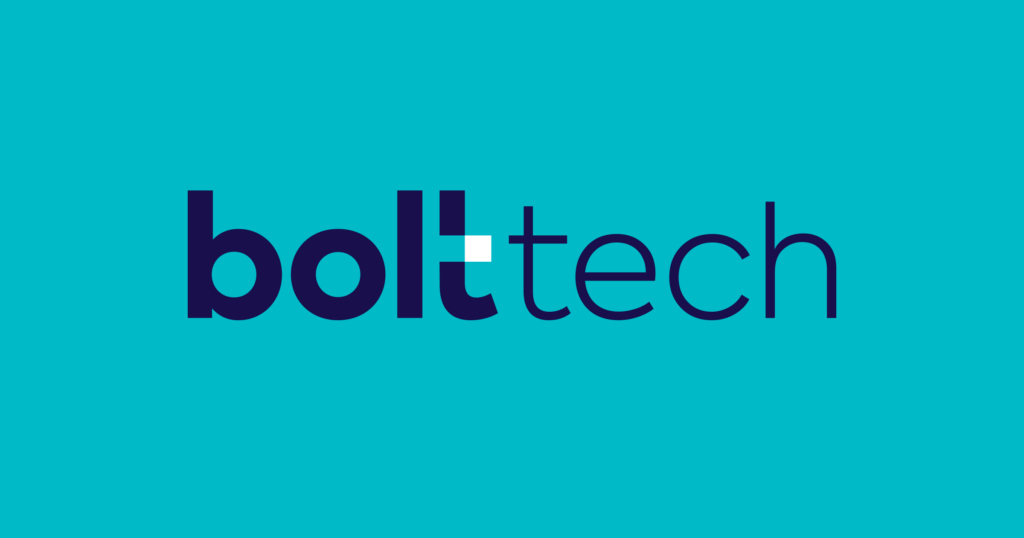7 opportunities for fintechs in 2023

How might fintechs take heed of the learnings from 2022 and navigate what’s ahead this year? In his commentary piece in Fintech Finance News, our Group Chief Technology Officer David Lynch outlined the opportunities for the fintech sector.
2022 delivered an extraordinary set of circumstances for fintechs and the wider startup scene. Global markets were in disarray, delaying much-awaited IPOs. The SPAC markets similarly have been in turmoil. We’ve seen tech layoffs at an unprecedented speed and scale, directly impacting early-stage players through to big tech as never seen before. Not to mention the spectacular collapse of a number of high-profile industry players. Valuations have plummeted and funding has dried up. The sustainability of many business models in the fintech sector has come under immense scrutiny and market pressure.
So where to next for fintech after the chaos of the past year? And what role will technology and innovation play?
The stark messages coming from the markets will shape the next wave of growth and change in the sector. Business models need to operate within regulations, and there is a far greater expectation of self-regulation. The pathway to profitability for fintechs needs to be visible. The economics of fintech business models need validation and proof points. The days of indefinitely burning cash are over.
Even so, the longer-term outlook for the fintech sector remains very positive. How might fintechs take heed of the learnings from the past year and navigate the harsh market conditions to discover new opportunities? Here are seven thematic opportunities:
Harness the full potential of AI to drive better unit economics
AI can be the difference between a profitable business model and an unsustainable one. The focus for fintechs has been on micro products for individual customer needs such as lending, savings, investments, and insurance. Most of these micromodels cannot work long-term without the efficiencies that come from leveraging AI to its full potential across the entire value chain. From customer acquisition, servicing, and transactional execution, to providing actionable insights from data, AI will be the difference in the unit economics for the success stories.
Build autonomous and semi-autonomous financial services and advisory
Robo advisory and investment models for wealth and investment management, crypto, and stock trading are now well established. Whether or not they have outperformed when pitted against traditional advisory in the current bear market is perhaps secondary to if we are seeing trending improvement in the level of intelligence of these platforms and algorithms over time. Colossal increases in data signals are being created from IoT and sensors, imagery, pricing, data augmentation and behavioural signals. Historical data, predictive algorithms and increasing access to real-time data streams of both structured and unstructured data will enable autonomous and semi-autonomous financial products and services across a wider spectrum – including autonomous insurance coverage and product selection, dynamic yield optimisation on savings, and instantaneous switching within and between a multitude of asset classes.
Be compliant and respect privacy by design
One sub-category of fintech that is bucking the trend is the regtech space. There is a necessity for compliance and strong governance, or self-regulation in the grey space and where regulation inevitably lags innovation. Community standards and ethics are rising. Regulators should and will remain absolutely uncompromising in areas such as Know Your Customer (KYC) and privacy. These changes in expectations will drive a massive injection of demand into the regtech sector. Being compliant and respecting privacy by design is a competitive advantage now.
Differentiate with identity, trust and security
With investor, consumer and business confidence heavily eroded, digital trust solutions will help restore belief in fintech-driven business models. These solutions can cover a wide spectrum of needs from seamless multi-factor authentication and identification services, to advanced fraud detection, blockchain immutability, digital powers of attorney, and advanced cyber defences. Alongside compliance and governance, these solutions need to be anchored in the operations of every fintech. Those getting it right will ultimately be the stand-outs that earn and retain the trust of their customers and ecosystem partners.
Data products can be the frontier for new value creation
Almost every fintech claims to be data-driven. For some it is a reality, but not so for many others. Is it enough to be just data-driven? Fintechs certainly benefit from developing advanced analytics and data science capabilities to build models, collect customer insights, and drive internal decision-making. Data services and products, however, can and should be a major driver of revenue for most fintechs. Leading stock exchanges prove this point, yielding double-digit earnings from market data as a percentage of total revenue. SaaS players are upselling insights. Data products and services can grow new revenue beyond processing, subscription, connection and trading fees most of fintech industry relies on today. The value will be created in data products that predict, prevent, assist, enrich, and drive performance. Most fintechs perform a small piece in the value chain for the end customer. Some of the most powerful and innovative data products will stem from collaborations between fintechs and third-party data providers to create unique and valuable datasets that can be productised and monetised.
Enable fintech solutions to be embedded everywhere
Open APIs have accelerated the growth of many fintechs, especially those in embedded finance, allowing financial products and services to be easily integrated into third-party customer journeys and distribution channels. Whether or not a fintech chooses to pursue an API-first business model, the hyperconnectivity trend continues at pace. APIs need to be developer-friendly, easy to consume, discoverable and secure. They unlock value already created in the development of technology and services and expand the reach of participants into otherwise inaccessible market segments. Open APIs help facilitate ecosystem effects and B2B2C models that enable almost any platform or company with a customer base, to simply add fintech solutions for their customers. Whether it’s eCommerce, retail, telco, banks, insurers or super apps, they can all grow their businesses with fintech APIs, tapping into physical, digital and new immersive channels including metaverses.
Embrace industry-wide austerity to drive innovation
It may seem counterintuitive, but deep funding isn’t always the driver of breakthrough innovation. The cutbacks in spending we are seeing mean fewer dollars available for most. But funding constraints can conversely be a driver of focus, encouraging better upfront validation of concepts. It can force an organisation’s innovation efforts to be more aligned with its mission and purpose, its customer’s needs and its most significant business problems and opportunities. Fewer resources can drive the need to identify and harness new capacity pools and partnerships. It can uncover creative ways to source innovation with employees, students, crowd-sourced platforms, and even through closer ties or co-investment with business partners.
More than ever before, there is a need for fintechs to collaborate, partner and build creative distribution models to drive growth and bring down customer acquisition and servicing costs. Given the declining funding levels, innovation will remain critical to driving organic growth. So many of the world’s most innovative solutions have come during times of austerity similar to what we are witnessing now. It’s a brutal transition for fintechs, but technology and innovation will remain at the heart of profitable, sustainable, and purpose-driven business models that thrive and emerge from the rubble.
This article was first published on Fintech Finance News: https://ffnews.com/newsarticle/where-to-next-after-the-chaos-7-opportunities-for-fintechs-in-2023/
Further Reading
Featured
 18 June 2024
18 June 2024
 15 August 2024
15 August 2024
 1 July 2024
1 July 2024
